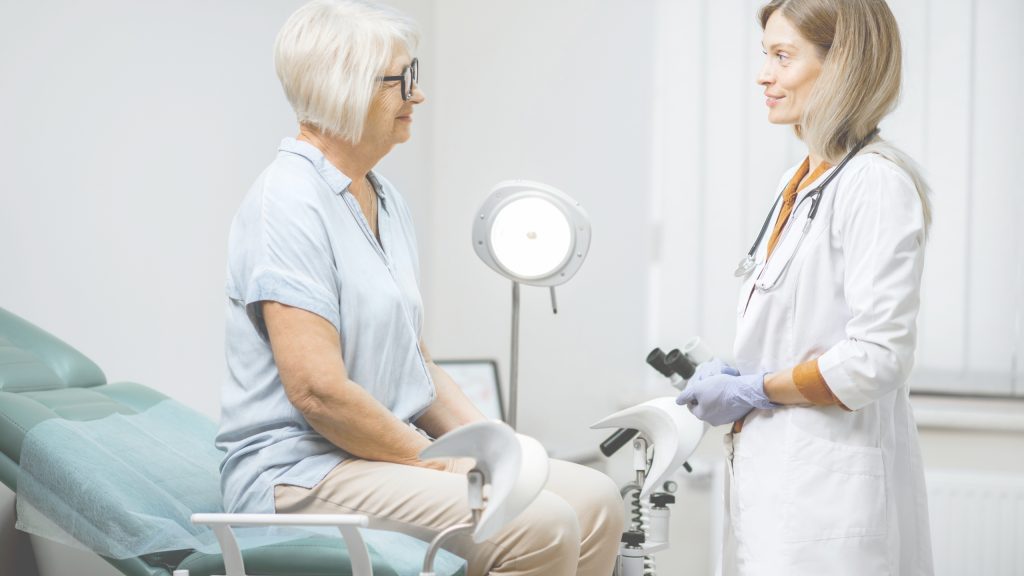As women age, they enter into a transition period known as perimenopause. This period of time can last up to 10 years and is characterized by a variety of physical and emotional changes. During this time, women experience fluctuations in hormone levels that can have an impact on fertility. In this post, we will explore the meaning of perimenopause, menopause and how they affect egg quality.
What is Perimenopause?
Perimenopause is the transitional period before menopause when a woman’s body begins to make fewer reproductive hormones such as estrogen and progesterone. This natural decline in hormones can cause physical symptoms such as hot flashes, night sweats, mood swings, and fatigue. Women may also experience changes in menstrual cycles, including lighter periods or irregular spotting during ovulation. During perimenopause your body is still producing eggs but their quality may not be as good as it was when you were younger because of the decrease in hormones.
What is Menopause?
Menopause typically occurs between the ages of 45-55 when your body has stopped producing eggs altogether due to the hormonal changes associated with aging. When you reach menopause your periods will stop completely and you will no longer be able to become pregnant naturally. It’s important to remember that while menopausal women cannot become pregnant naturally, there are still options available for those who want to start a family after menopause such as egg donation or adoption.
How Does Menopause Affect Egg Quality?
The decrease in hormones associated with both perimenopause and menopause can have an egg quality which means that it may be more difficult for older women to conceive naturally than it was when they were younger. The quality of your eggs decreases over time so if you are considering starting a family later in life it’s important to talk with your doctor about any potential risks or concerns related to fertility at an older age.
Conclusion:
Perimenopause and menopause are normal stages of life for women but they come with some major hormonal changes that can have an effect on fertility. As we age our bodies produce fewer reproductive hormones which leads to a decrease in egg quality making it more difficult for older women to conceive naturally than it was when they were younger. If you’re considering starting a family later in life, make sure you speak with your doctor about any potential risks or concerns related to fertility at an older age so that you can make informed decisions about what’s best for you and your future family.

